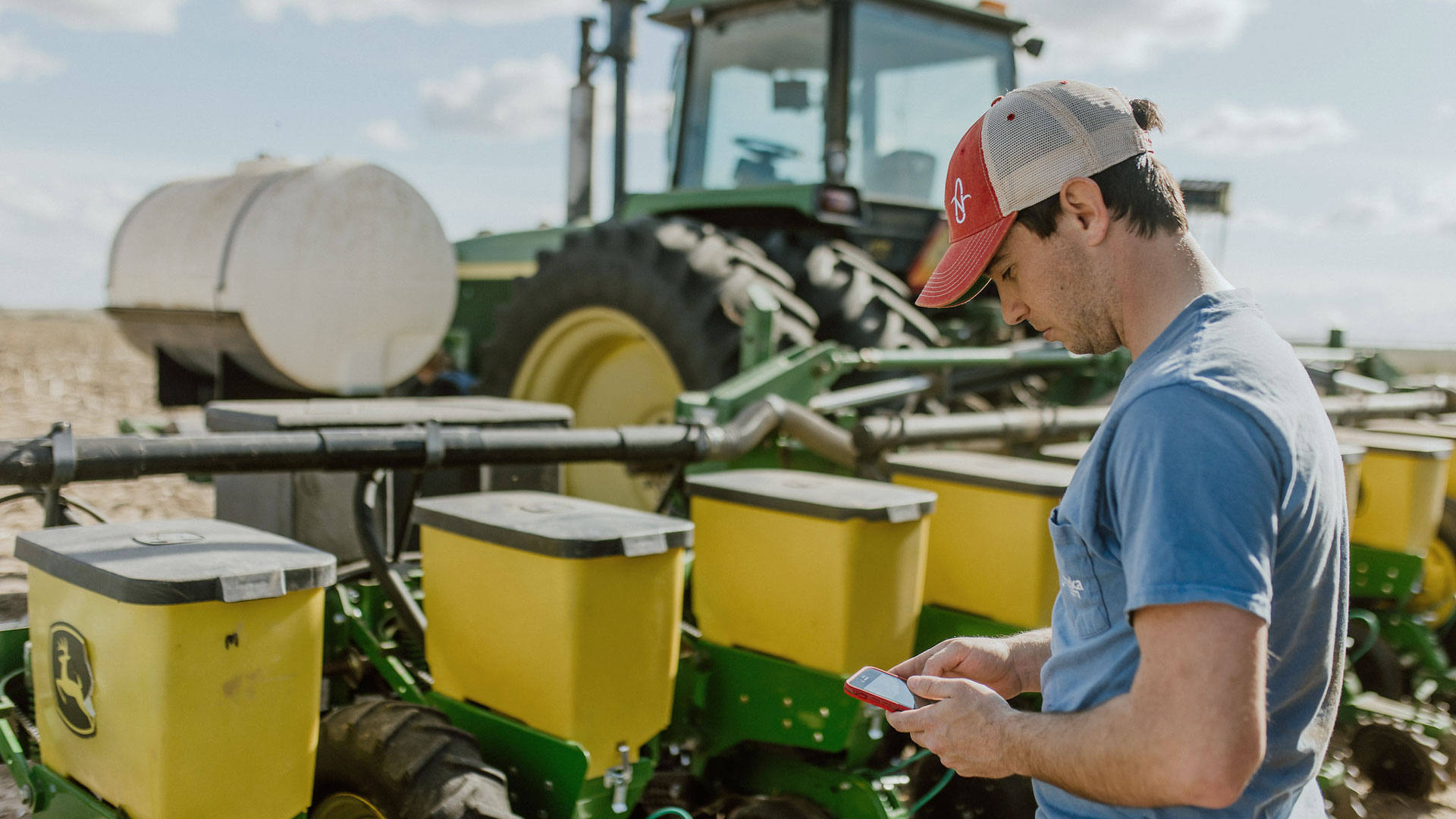The Nebraska Corn Board, now in its 34th year of sponsoring agricultural internships, is committed to educating the next generation of agricultural leaders. These paid internships, offered in partnership with key industry leader organizations, provide college students invaluable opportunities to explore diverse careers in agriculture.
Not only do internships like these teach necessary job skills, but they also help students discover what area of agriculture they’re passionate about so they can make informed decisions about their future careers.
Whether you’re interested in communicating valuable information to producers, marketing, policy or any other aspect of the industry, internships like those sponsored by the Nebraska Corn Board offer a hands-on approach to learning that classroom education alone cannot provide.
Internship Opportunities Available at Nebraska Corn Board
Each year, the Nebraska Corn Board offers a wide variety of internships in Nebraska and around the country for students interested in agriculture. Opportunities range from working directly with the Nebraska Corn Board in Lincoln, Nebraska, to positions in other states sponsored by important industry partners such as the U.S. Grains & BioProducts Council, the U.S. Meat Export Federation and the National Corn Growers Association.
Some of these internships are based in Washington, D.C., allowing interns to experience how agricultural policy is shaped and decisions are made that impact farmers, ranchers, livestock producers and other members of the global agriculture industry.
Types of agriculture internship jobs available
Because agriculture impacts so many aspects of everyday life, a wide variety of internship jobs are offered each year by companies around the world. In the case of the Nebraska Corn Board, past internships have included positions in promotion, events management, international relations, public policy and analysis, communications, investor relations and more.
An Inside Perspective: Nebraska Corn Board Internship
What does an ag internship involve? For former Nebraska Corn Board intern Emma Freebairn, her internship was a fast-paced and exciting learning experience in Washington, D.C.
She did a 10-week events management internship with the U.S. Grains & BioProducts Council, which promotes the use of corn and other U.S. grains. Freebairn’s experience came full circle when she was later hired by the U.S. Grains & BioProducts Council. She now works as the manager of industry relations administration in Washington, D.C.
Here is her advice on how to use an internship to grow professionally and personally:
Use an internship to get real-world experience and knowledge.
College coursework is designed to prepare students for their chosen careers, but there’s nothing like hands-on, real-world experience.
In Freebairn’s case, she worked on a wide variety of projects, including the Global Ethanol Summit in Calgary, Alberta, Canada. She was able to take the lead on projects, such as creating and designing items to give away to Summit participants. She also worked with communications teams and assisted with vendors, staff and logistics.
Another important aspect of Freebairn’s internship was the ability to learn from her co-workers and other agricultural policymakers about different facets of the agriculture industry, such as agricultural trade. She said every day was different, but the real-world experience and on-the-job learning were incredibly valuable and introduced her to new aspects of the agriculture industry.
Learn what you like during an internship—and don’t like
For many, internships can be as much about learning what you don’t like as they are about what you do. They allow students a unique opportunity to find out if their chosen career field is really for them—before they graduate.
“You can do it for three months and trial run it,” Freebairn suggested.
Use your internship as an opportunity to develop and grow
Internships are a chance for young professionals to do something new and develop on a personal level. For Freebairn, moving to Washington, D.C., for her 10-week internship was an eye-opening experience for the lifelong Midwesterner.
She urged students to do something that makes them uncomfortable, whether that’s moving to a new state, working with a company they aren’t familiar with or even taking an internship in a career outside their chosen field.
“Do something that makes you uncomfortable, because that’s where you’re going to grow,” she said.
Use internships as a networking opportunity
Life isn’t only about what you know, it’s also about who you know. Networking and making connections through an internship can be key to career development and advancement.
According to Freebairn, the agriculture industry, especially in Washington, D.C., is a tight-knit community and everyone wants to help.
“If you are somebody who is looking for an internship or looking to start out in a career, reach out to people, work your contacts and stay in touch with people because everyone is willing to lend a helping hand, and everybody knows everybody in this industry,” she said. “That’s just how it is. It’s a great thing, but it’s also what you make of it.”
Seize the Opportunity: Make the Most Out of an Ag Internship
Whether it’s a position sponsored by the Nebraska Corn Board or one of the countless internships offered each year by other organizations committed to cultivating young ag professionals, food and agriculture organization internships are a great way for young people to launch their careers.
When it comes to making the most out of the internship experience, Freebairn said it’s important for students to realize they are the ones who control how much they get out of an internship.
“In everything that I’ve done, I’ve said that you get out it what you put into it. So, you have to do the work, put in the effort and really make the experience what you want to,” she explained. “It’s one thing to go into an internship or any experience and just kind of skate by and get paid at the end of the day and just say that you did it. But, if it’s something you’re really interested in, if it’s something you want to have a lot of takeaways from at the end of it, then you need to put in the effort to show up and say yes to as many opportunities as possible.”
Related Posts
How Precision Agriculture Takes Corn Farming into the Future
Precision agriculture is revolutionizing the way Nebraska corn farmers grow their crops. By using advanced technology and data analytics, growers are able to maximize yields while minimizing waste. This new approach is helping Nebraska [...]




